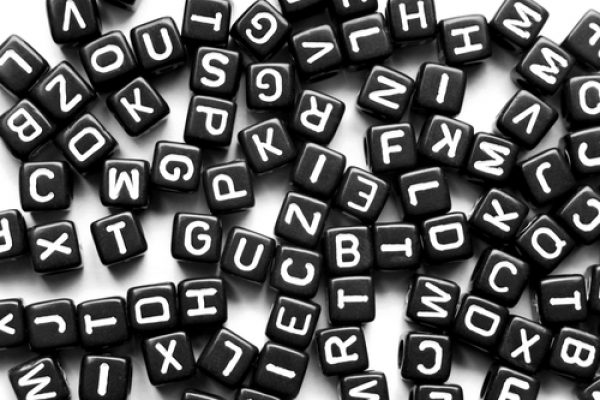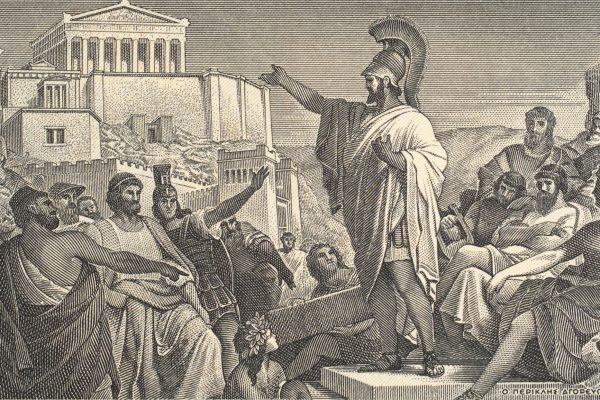Plagiarism: the “wrongful appropriation” and “stealing and publication” of another author’s “language,
thoughts, ideas, or expressions” and the representation of them as one’s own original work.
I lifted these words straight from Wikipedia; but I’ve given them due credit so, by their own definition, I’m not a plagiarist. I am being a bit lazy though.
And I’ve only borrowed enough words to illustrate a point, so I’m probably OK when it comes to UK copywrite law. However, the law can be hazy on how much constitutes enough, and there are other criteria to fulfil. What I am guilty of, however
, is using a cliché.
What’s a cliché? You’ve probably read other articles on the internet that start off with the dictionary definition of a word. Well a cliché is any phrase or idea that’s already been used – again a bit lazy.
Originality is important when you’re creating content for a website or your social media. As Mrs Trump found out after her speech at the recent Republican convention, you can almost guarantee that some keen eye or ear out there will spot “familiar” phrases.
Why we should be original
 Online cheats rarely prosper.
Online cheats rarely prosper.
- Visitors will want to visit your website and share your posts if they contain new views, ideas and thoughts. If they aren’t original, people will stop reading your material and go to the source.
- You’ll get caught out if you’re not. There are ways of finding out, which I discuss below.
- Google rewards information-rich, useful copy that visitors like, but punishes websites that republish text from elsewhere.
- If you want to establish yourself as an expert in your field of business, you need to offer up new ideas and insightful opinions. If you regurgitate other people’s views you’ll quickly be spotted as a fake. Then you may discover how damaging social media can be.
Copy copiers will be found out
Even if the originator doesn’t read their own words back, the people looking at a text have probably read other texts on the same subject, so the chances of them having seen the original will be statistically higher.
You can also download plagiarism checkers from the internet that will identify where a text comes from. I suspect they were developed for teachers and exam paper markers. Google Search can be a great tool to uncover a plagiarist. If you find an unusual sentence that seems out of place, cut and paste it into Google Search and see if any other references pop up.
We’re all individuals!
Writing a regular stream of content for your online media isn’t easy; that’s why people like me offer our services for people who are too busy to do it themselves. But if you are writing for yourself, originality pays off. Why not try inventing your own cliché? Imitation is the sincerest form of flattery and you may even see people sharing and re-using phrases that originated from your brain.
By the way, feel free to share or copy this article if you want to.




